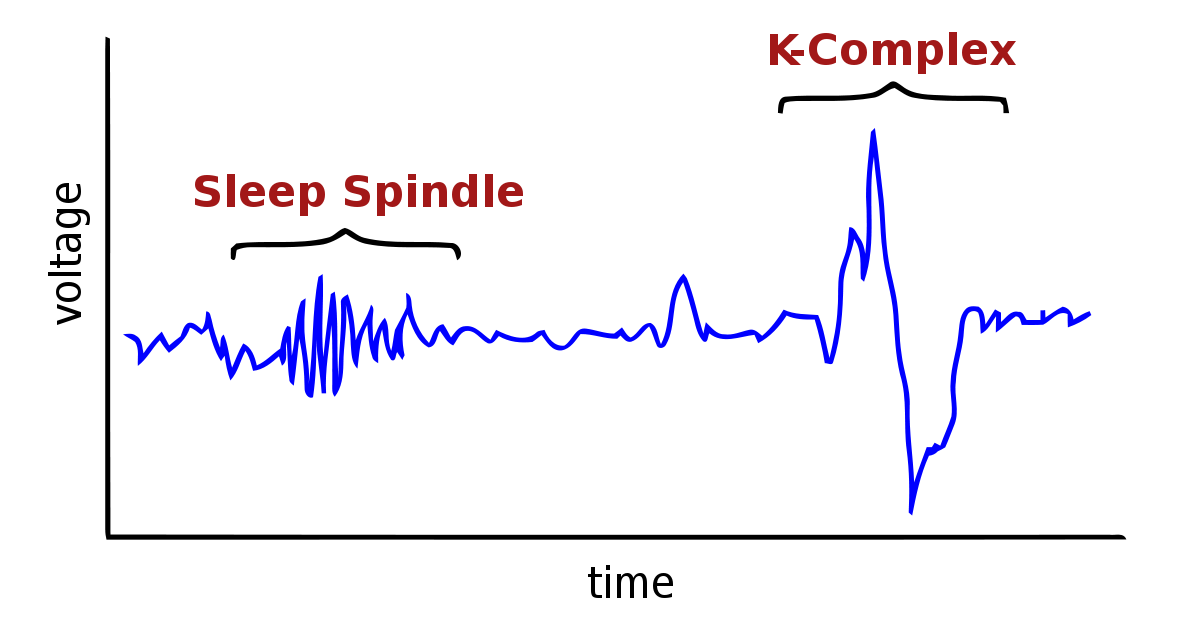Answer: Dr. Endel Tulving’s research led us to develop theories about the two different types of declarative memories - episodic or semantic.
Endel Tulving, born in 1927, is a neuroscientist and psychologist who studies the process of memory. He revolutionized the way neurologists think of memory, developing a new framework for the analysis of learning and storage of information.
He first proposed the theory of two declarative memories in a chapter of a 1972 book that he authored alongside Wayne Donaldson called Organization of Memory. In the chapter, he distinguishes the two types of memory, separating declarative memories into episodic memory and semantic memory.
Declarative memories, or explicit memories, are facts that can be stated, such as “a bicycle has two wheels and is a method of transportation.” Compare this to implicit memories, which is a type of learning that can be performed - like riding a bike.
According to Tulving, declarative memories can be further subdivided. A semantic memory is more like a definition, or a piece of information that can be recalled. Semantic memories are stated as facts. An example of a semantic memory could be “a train goes from Denver to San Francisco.”
Tulving also described episodic memory, which are memories that are pulled autobiographically from the subjects past life experiences. For example, someone might recall that once, when they were younger, rode a train from Denver to San Francisco.
Tulving’s findings were based on neuropsychological research in patients with specific memory deficits. For example, one subject they studied with head trauma experienced a loss of autobiographical memory. They could not recall individual moments of what they had done in the past, with no deficits in recalling the facts that they had learned in school.
Patient HM, the most famous patient in memory research, experienced significant anterograde amnesia for declarative memories, both episodic and semantic. There was also some retrograde amnesia for these memories.










